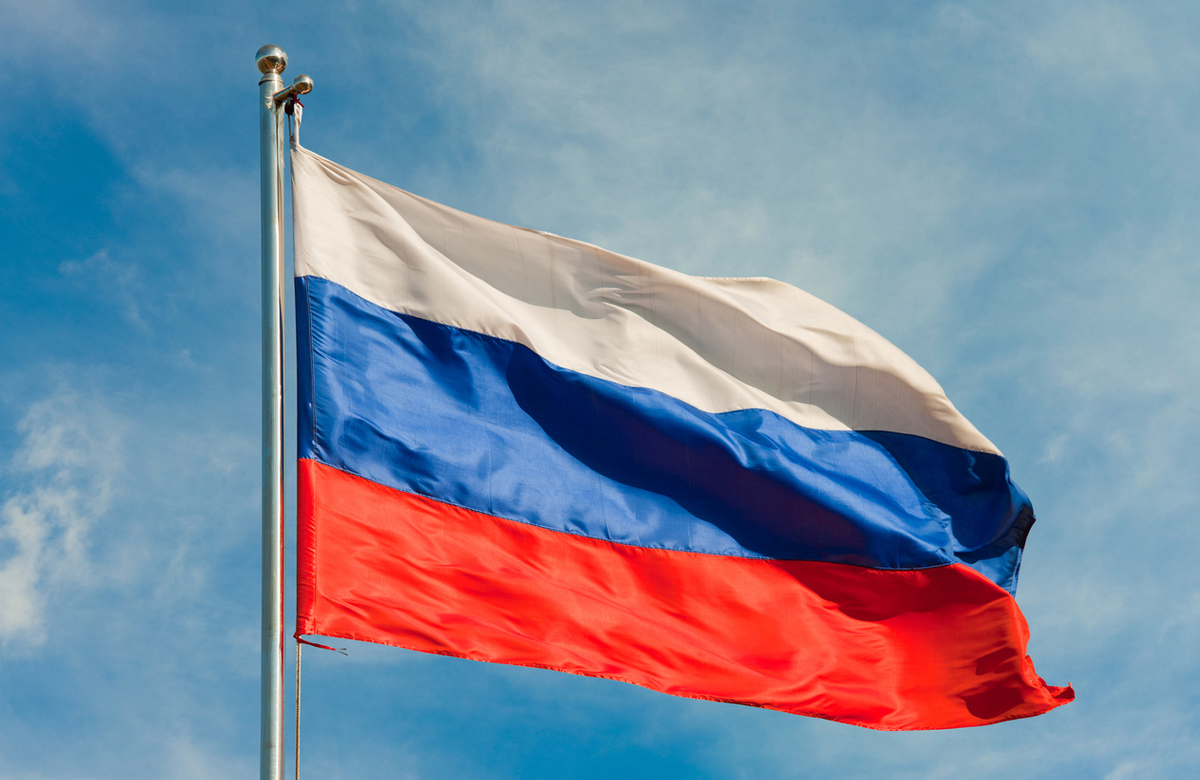US investigates ship managers over alleged violations of Russian oil sanctions - reports
The US Treasury Department’s Office of Foreign Assets Control has called upon shipping companies operating in about 30 countries, requesting information about over 100 vessels that it suspects of violating West-imposed sanctions on Russian crude oil.
 PHOTO: Russian flag. Getty Images
PHOTO: Russian flag. Getty Images
The US Treasury Department sent notices to these ship management companies asking them to attest that they are complying with the oil price caps imposed on Russian crude oil by the G7 group of countries, multiple media reports stated.
Among the imposed sanctions, the price cap coalition of G7 members set price caps on Russian oil and refined products in retaliation to Moscow’s invasion of Ukraine in February 2022.
Earlier this year, two price caps on Russian refined products were set. The first one was a price cap of $100/bbl on products such as diesel and gasoil that trade at a premium to crude and a cap of $45/bbl on products like residual fuel oil that usually trade at a discount to crude. Previously in 2022, a price cap of $60/bbl was set on crude oil originating from Russia.
These measures require shipping companies to get attestations from oil traders that the oil bought did not breach the imposed price cap. According to EU guidelines, the price exception will rely on recordkeeping and attestation, enabling each party in the seaborne Russian oil supply chain to prove or confirm that the crude oil was bought at or below the price cap. A certificate of origin or any other documentation can be used as evidence regarding the product's origin.
The companies involved in breaching the oil sanctions stand a risk of facing penalties if proven that they bought Russian oil below the price cap, Reuters reported.
Some of the tankers under investigation were involved in buying Russian oil from the Russian port of Kozmino, while others loaded Russian crude from the port of Primorsk in Russia, Reuters reported citing a source familiar with the notices.
However, the US Treasury Department spokesperson did not confirm or comment on the ongoing investigations or ‘enforcement actions’ being taken now against the companies that have allegedly breached the oil sanctions, reported Bloomberg. The US body is committed to enforcing the imposed price caps, it further quoted the spokesperson saying.
“While we do not confirm or comment on investigations or enforcement actions, Treasury is committed to enforcing the price cap and reducing Russia’s resources for its war against Ukraine," Reuters cited the US Treasury spokesperson as saying.
Growing Russian shadow fleet
Earlier this year, the G7 coalition argued that a “shadow” trade has become prominent over the course of time, “often involving actors and cargo affiliated with countries and persons subject to sanctions or associated with other illicit activity.” These vessels engaging in shadow trade, called ‘shadow fleets’ have gone against the oil sanctions imposed by Washington and its allies.
A shadow fleet or a “dark fleet” primarily consists of older and environmentally hazardous vessels that intentionally evade regulations. By assembling a shadow fleet of poorly maintained vessels that are used to circumvent sanctions meant to restrict the movement of Russian crude oil, the country has effectively traded outside the imposed price cap, the World Bank said earlier this month.
Meanwhile, the G7 group of countries - Canada, France, Germany, Italy, Japan, the UK, the US, and the “non-enumerated member” EU - and Australia have reaffirmed their unity on sanctions against Russian exports, including crude oil and petroleum products.
At a recent meeting held in Tokyo, foreign ministers of the G7 nations confirmed that it will “remain united in its attitude to impose severe sanctions against Russia and provide strong support for Ukraine,” a statement released by Japan’s Foreign Ministry noted.
By Aparupa Mazumder
Please get in touch with comments or additional info to news@engine.online





